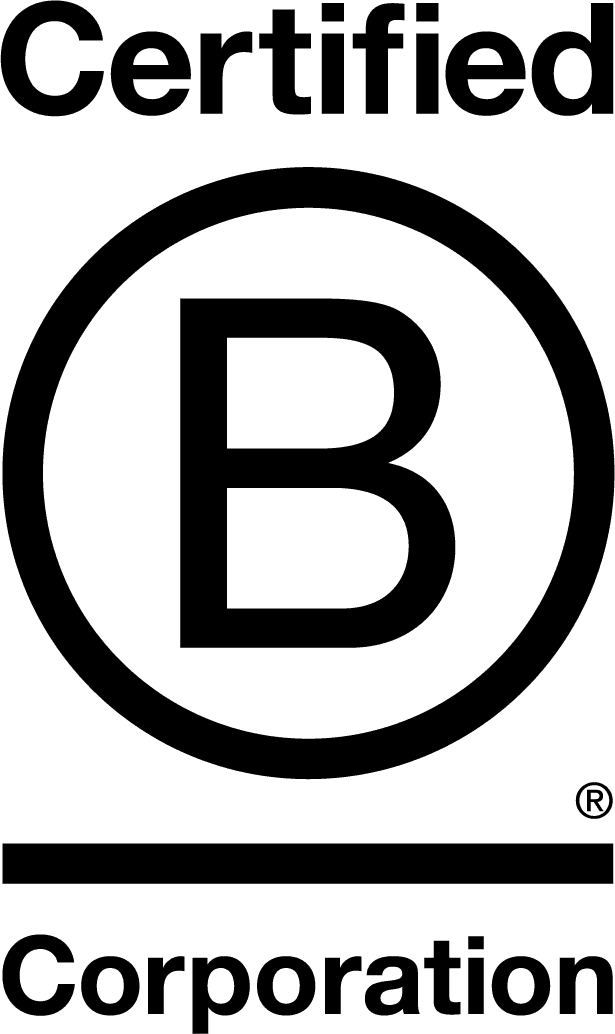

The Invisible Collection Ltd

City of Westminster, United Kingdom
March 2023
Furniture
Wholesale/Retail
France,
United Kingdom,
United States
Founded in 2016 by Anna Zaoui, Isabelle Dubern-Mallevays and Lily Froehlicher Invisible Collection is the leading marketplace for discovering iconic designs from the world’s most renowned talents. The state-of-the-art online platform offers access to a unique and carefully curated inventory of bespoke creations internationally, entirely made by exceptionally skilled artisans who are dedicated to preserving ancient crafts. By supporting these artisans, Invisible Collection honors the traditions of unparalleled expertise that have been passed down through generations. Celebrating the icons of tomorrow and the vanguards that paved the way, Invisible Collection champions sustainable luxury by promoting local production and heritage, with a made-to-order model. Fully committed to establishing new, more positive standards in its industry, Invisible Collection has pledged to offset the entire carbon emissions of its transport and delivery. Following its launch, Invisible Collection has since expanded its digital presence with flagships in London, Paris and New York. www.invisiblecollection.com
Overall B Impact Score
Governance 18.3
Governance evaluates a company's overall mission, engagement around its social/environmental impact, ethics, and transparency. This section also evaluates the ability of a company to protect their mission and formally consider stakeholders in decision making through their corporate structure (e.g. benefit corporation) or corporate governing documents.
What is this? A company with an Impact Business Model is intentionally designed to create a specific positive outcome for one of its stakeholders - such as workers, community, environment, or customers.
Workers 26.0
Workers evaluates a company’s contributions to its employees’ financial security, health & safety, wellness, career development, and engagement & satisfaction. In addition, this section recognizes business models designed to benefit workers, such as companies that are at least 40% owned by non-executive employees and those that have workforce development programs to support individuals with barriers to employment.
Community 23.9
Community evaluates a company’s engagement with and impact on the communities in which it operates, hires from, and sources from. Topics include diversity, equity & inclusion, economic impact, civic engagement, charitable giving, and supply chain management. In addition, this section recognizes business models that are designed to address specific community-oriented problems, such as poverty alleviation through fair trade sourcing or distribution via microenterprises, producer cooperative models, locally focused economic development, and formal charitable giving commitments.
Environment 22.9
Environment evaluates a company’s overall environmental management practices as well as its impact on the air, climate, water, land, and biodiversity. This includes the direct impact of a company’s operations and, when applicable its supply chain and distribution channels. This section also recognizes companies with environmentally innovative production processes and those that sell products or services that have a positive environmental impact. Some examples might include products and services that create renewable energy, reduce consumption or waste, conserve land or wildlife, provide less toxic alternatives to the market, or educate people about environmental problems.
Customers 4.0
Customers evaluates a company’s stewardship of its customers through the quality of its products and services, ethical marketing, data privacy and security, and feedback channels. In addition, this section recognizes products or services that are designed to address a particular social problem for or through its customers, such as health or educational products, arts & media products, serving underserved customers/clients, and services that improve the social impact of other businesses or organizations.